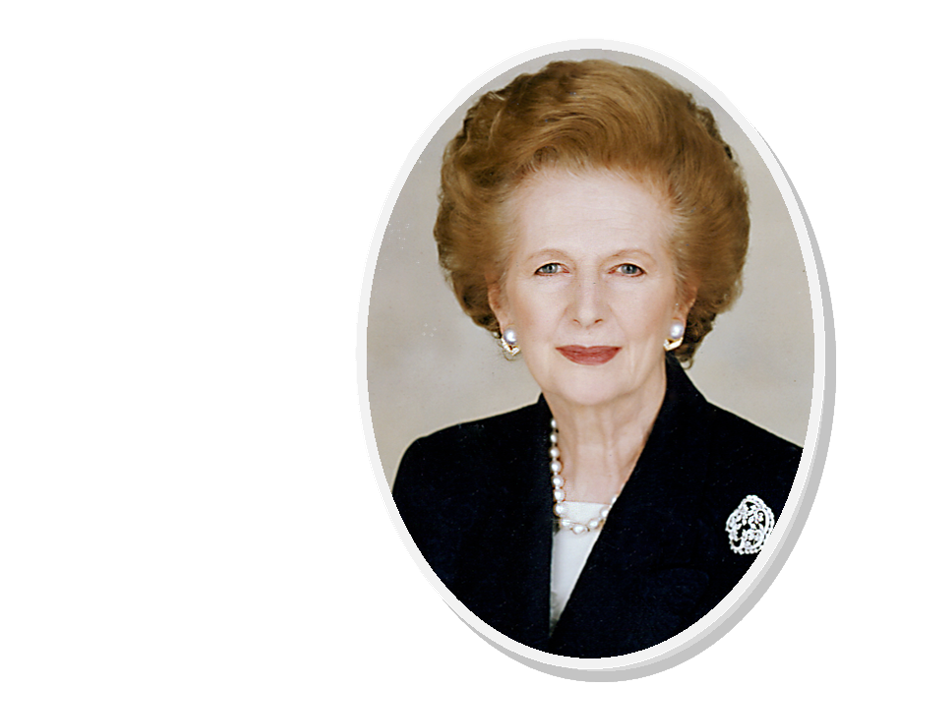A comment on President-elect Trump’s ideas on tariffs
For me the most beautiful word in the dictionary is ‘tariff’ and it is my favorite word
Donald J. Trump
Mercantilism
Roughly by the beginning of the 15th century, Mercantilism began to replace the medieval ideas of Universalism and dominated economic thinking more or less to the end of the 18th century. The ideas are neither based on a coherent economic theory nor on a valid economic policy concept, let alone on empirical evidence. It was Adam Smith (1723-1790) who clearly and once and for all refuted these ideas about 250 years ago. And ever since they were also successfully driven back into the circles of demagogues by generations of serious economists. In other words, Mercantilism has long been unmasked for not helping to increase prosperity in the long term. Rather, it benefits protected domestic companies.
One of Mercantilism’s main protagonists was Jean-Baptiste Colbert (1619-1683) who served as First Minister of State under Louis XIV. The Mercantilists were predominantly concerned with protecting domestic commerce through tariffs and increasing domestic wealth through exports and current account surplus. Among the most characteristic features of this policy was the element of power, the supremacy of the state over the economy, whereby the individual is bound by state or national economic requirements. According to the Machiavellian basic understanding of politics as the art of acquiring and asserting power, thus is the pursuit of political and military power by promoting domestic productive forces. In accordance with Thomas Muns’ (1571-1641) idea that England’s treasure is based on foresight trade, the central question of what made up the wealth of nations was answered with foreign trade or export surplus. The aim of Mercantilism as a policy was and regretfully still seems to be to increase national economic and trading power.
Indeed, it is a regrettable reality that economics far more than any other academic discipline is subject to the periodic reappearance of trendy superstitions. This makes it so difficult to suppress obscure ideas and popular calls for punitive tariffs or other mercantilist ideas, let alone the intentional and convenient confusion of monetary and fiscal policy.
Common Sense
Apparently these Mercantilist ideas appealed to President-elect Donald J. Trump and influenced his thinking. During his election campaigns, after his victory and repeated in recent posts on Truth Social, he hardly missed a chance to promising that as soon as he will take office on January 20, 2025 he will impose sweeping new tariffs on goods from Mexico, Canada, EU countries and on China. As part of a crackdown on immigration and illegal drugs Trump promised to hit Mexico and Canada with 25% levies on all products, while China would be punched with an additional 10% “beyond any additional tariffs.” And like a parrot, his soon to be Vice President, J.D. Vance echoes these threats by affirming that the MAGA policies and especially these tariffs would finally bring jobs back to the US in manufacturing and industry. Both proudly claim hereby `that they are not following the advice of trained economists. Instead, they make a point by suggesting they are simply following what they call the common sense (whatever that may be). This is almost Mercantilism pure and reminiscent of some deep-rooted ideas.
When Trump made these announcements for the first time, the US Dollar rose while stocks remained mixed. After January 20, 2025 the world fears that Trump’s words will be followed by actions and thus currently many politicians try hard to get an appointment with Mr. Trump or at least a quick photo opportunity with him at his Florida residence. In other words, the economic worldview of neo-mercantilist and wall-building ‘Trumpistas’ sounds as having sprung from the economic mothball box. However Trump differs from the old Mercantilist school insofar as he attempts to settle people from other countries because he knows that hard-working migrants were an asset to a host country.
It could be useful to recall here, that shortly after Mao Zedong’s death in Sep.9, 1976, the strategists in his Chinese Communist Party proceeded similar to classic Mercantilists: They quickly commanded a hard push for an one-sided trade activity, hesitantly allowed some foreign investors into the country (and bullied them upon arrival), then they acquired all kinds of technical knowledge (more or less by pirating), conquered foreign markets (without much concern about existing agreements or copyrights, etc.) and at the same time protected their own economy with steep tariffs. In this way, the PRC grew into the position of second largest economic power in the world in record time. No wonder that Mercantilist methods keep attracting politicians of all stripes today.
Protectionism
Generally speaking there are mainly three reasons for this: First, we can assume that the majority of voters is neither aware of the economic nor of the socio-political disadvantages tariffs might incur over time. Second, this hugely popular idea clearly shows that the time, funds and practical efforts that are required to even superficially deal with economic theory is higher than the potential benefits that this knowledge would ever bring. We have learned from Fritz Machlup (1902-1983, among the leading minds of the 4th generation of the Austrian School of Economics) that information is acquired by being told, whereas knowledge is acquired by thinking. In other words, it does not pay off to question any policy suggestions or invest in a bit of education.
And as an important third reason, politically motivated protectionist measures will always lead to corporate self-interest, since corporations benefit from these protective measures in the short and medium term. State interventions encourage them to use ample resources for political lobbying in order to keep and/or maintain their state-granted privileges. Even under the rather unrealistic assumption of an electorate that is more or less informed about the tricks and treats and consequences of protectionist policies, Mancur Olson’s (1932-1998) theory of collective action reveals the essential flaws of such measures. According to Olson, any group that attempts to provide a public good will fail because of the difficulties of doing so efficiently. This is primarily due to the near impossibility of mobilizing millions to lobby for policy change, while a small number of protected corporations acting as free riders can easily organize and influence policymakers to maintain the status quo favorable to them.
However, it is neither reasonable nor practical to believe that general tariffs of over ten percent or more on all imports will lead to lower consumer prices and higher real incomes. If the goal of policy is to enhance the wellbeing of the masses, enabling free trade is a proven method, as it lowers the cost to consumers and allows them to benefit from the international division of labor. Theoretically and empirically, the costs of any tariffs are always borne disproportionately by consumers and local industry.
A not so hot first ‘trade war’ between the US and China, initiated during Trump’s first presidency (2016-2020) led to significantly higher prices for imported and domestic goods, reduced product diversity and diverted trade flows. Recent statistics show that Trump’s tariffs imposed during his first presidency in 2018 increased production costs in the US by about 25%, putting companies at a significant disadvantage compared to foreign competitors that are not subject to such tariffs. In 2018, for example, prices for durable consumer goods, such as appliances, cars, car parts, clothes, etc. rose by about 10% in the US. Although these tariffs created around 1,800 jobs in the US market for household goods, etc., these annual costs came at a high price to consumers. Compared to other industrialized nations, the cost of an US job is extraordinarily high at around 815,000 US dollars. The argument for this type of job creation is therefore neither economically nor socially justifiable because the burden of these costs falls essentially on middle- to low-income households. In addition, the gains for domestic producers in a tariff-laden system are usually significantly lower than the benefits that consumers could enjoy through free trade. Estimates of the additional costs vary widely, depending on the respective political orientation.
































